|
Genres, Themes, Actors, and Directors:
- At Sea
- Charles Bickford Films
- Clarence Brown Films
- Father and Child
- Feminism and Women’s Issues
- Greta Garbo Films
-
- Morality Police
- Play Adaptations
Review:
Clarence Brown’s adaptation of Eugene O’Neill’s Pulitzer Prize-winning play is primarily notable for featuring Greta Garbo speaking on screen for the first time: “Gimme a whisky, ginger ale on the side — and don’t be stingy, baby!” Unfortunately, her strong Swedish accent does her no favors with this kind of slangy American dialogue, which never seems to flow swimmingly from her tongue. However, she exhibits appropriate pathos as a woman caught in a trap not-of-her-own-making: this storyline about a girl abandoned by her father, treated like a slave on a farm owned by her cousins, then raped and forced to conclude she has no other options than to sell her body, is a devastatingly classic tale of women at the mercy of men, unable to shed their past means of survival once they’re ready to move on. Her deluded but well-meaning father naively believes in the purity of both his daughter and farming life — anything but “the old devil sea”, which he blames for his own shiftlessness and inability to provide effective parenting. Meanwhile, Bickford is equally convinced of Garbo’s sanctity; the primary question remains how he’ll handle the truth once or if he hears it. While Anna Christie suffers from overly stage-bound, early-talkie direction, it remains worth a look for those interested in O’Neill’s work.
Note: The scenes involving permanently-soused Dressler are unexpectedly moving, given her overall generosity of spirit.
Redeeming Qualities and Moments:
- Fine performances
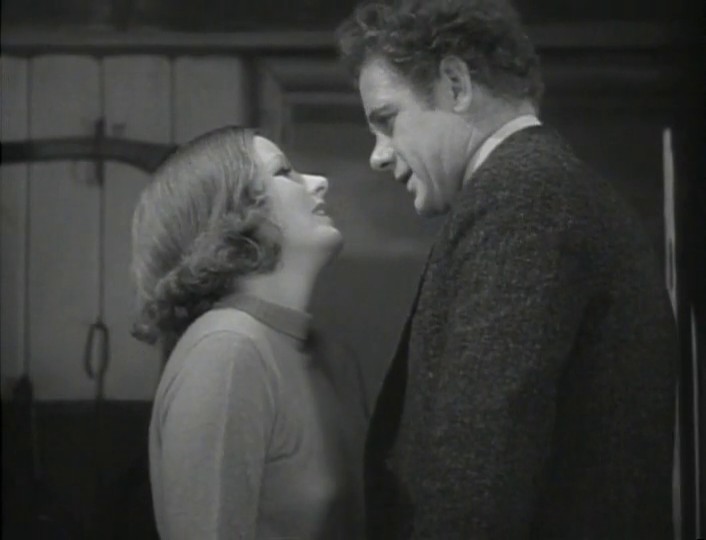
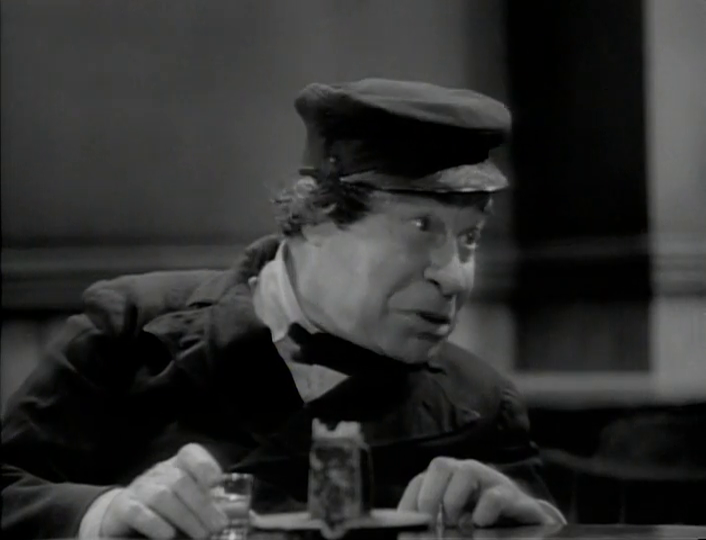
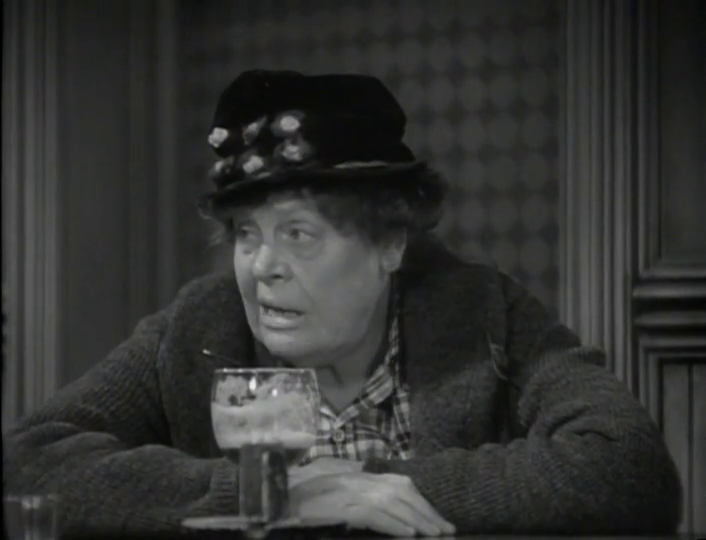
- Atmospheric cinematography by William H. Daniels
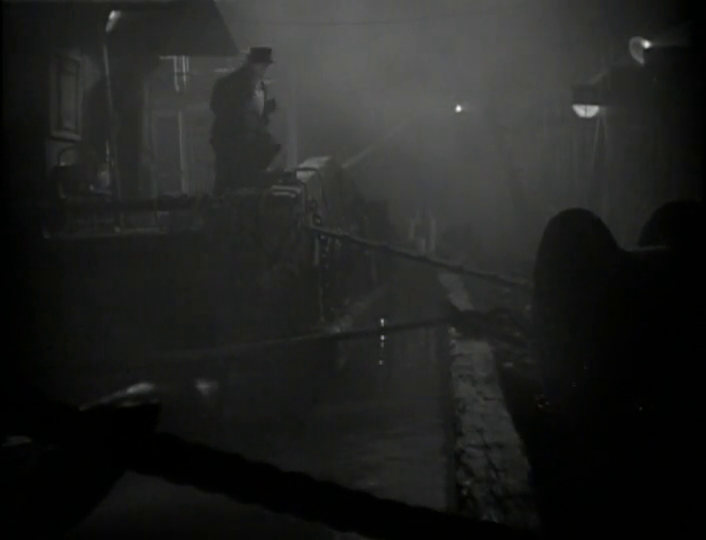
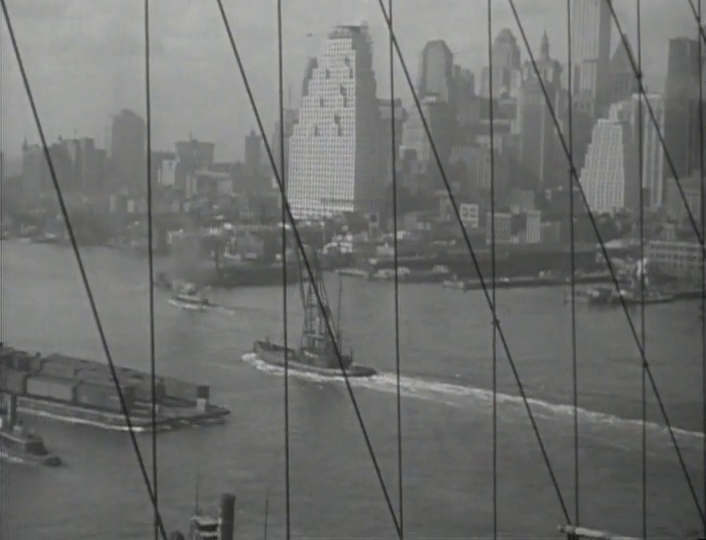
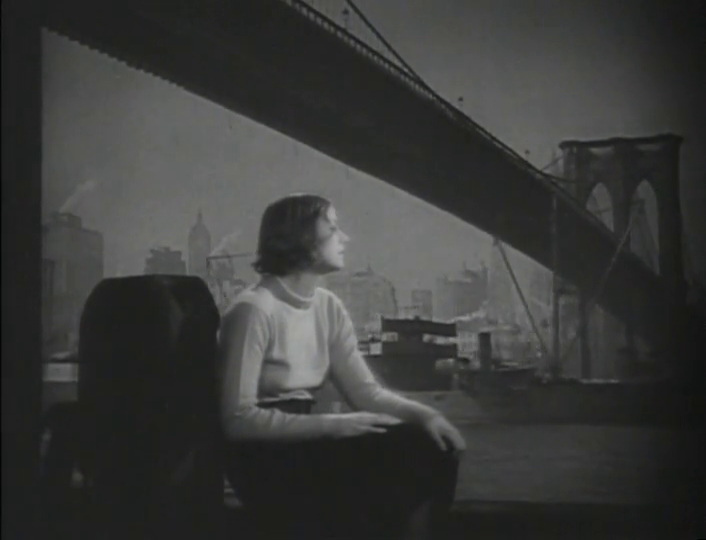
- Some interesting pre-Code moments
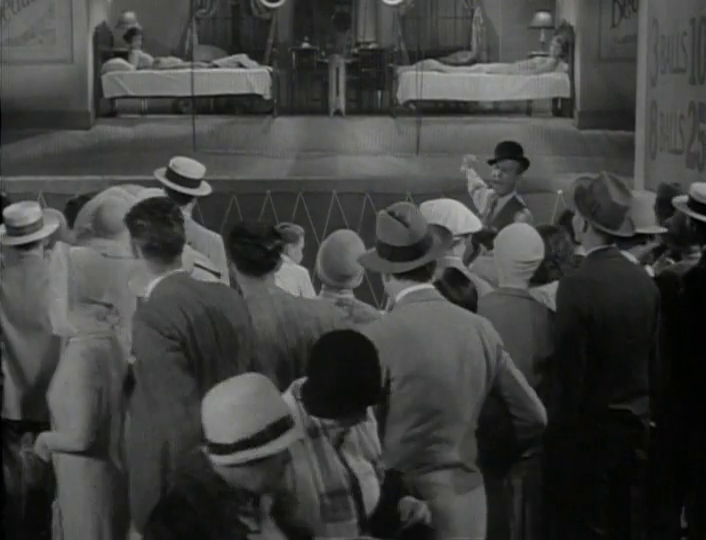
Must See?
No, though it’s worth a one-time look. Listed as a film with Historical Importance in the back of Peary’s book.
Links:
|
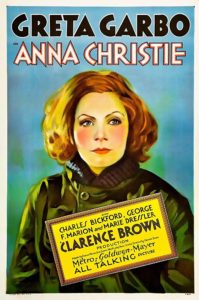







One thought on “Anna Christie (1930)”
A once-must, despite its (minor) ‘flaws’, for its place in cinema history and for the lead performances.
Though I’m not totally enamored of this film, I believe it has considerable value as something representative of its time in early talkies.
I’m most taken with Garbo’s first (leisurely) scene – which she shares with Dressler; there’s a unique authenticity in it and the two actors do well as a team. (Of the four main actors, Dressler seems to find the most in terms of subtext.)
As for Garbo’s use of the English-language, I didn’t notice any glaring awkwardness. But – this being an O’Neill play – one does have to buck up under the playwright’s tendency to be over-ripe with a certain excess. (~some of which can be attributed to cultural ‘norms’; for example, Bickford’s sudden reveal near the end that he is a fanatical Catholic, intolerant of “the others”).
The film’s production design is of particular note, believably mirroring the lives of its inhabitants.
MGM later released a German version of the film (made on the same sets but with a different director and a different cast – except for Garbo). I read somewhere that Garbo felt more comfortable with the role the second time around, but I don’t think she has anything to be embarrassed about with this initial performance.